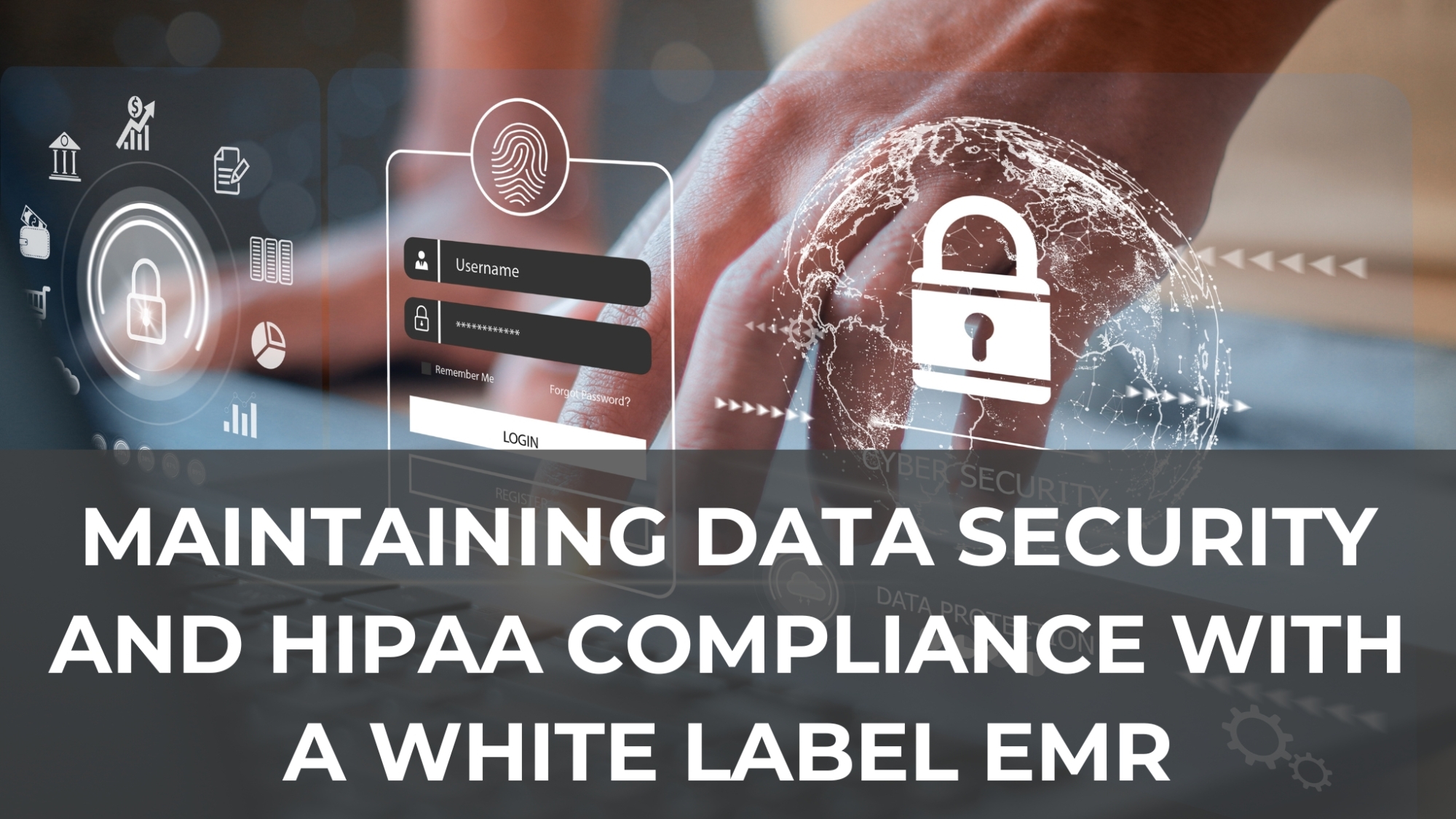In today’s digital healthcare landscape, data security and patient privacy are paramount. This is especially true for white-label EMR (Electronic Medical Records) systems, which offer healthcare providers a customizable solution for managing patient information. While offering flexibility and cost-effectiveness, white-label EMRs come with the responsibility of ensuring the highest level of data security and HIPAA compliance.
Why Data Security Matters in White Label EMRs:
- Sensitive Patient Information: White-label EMRs store highly sensitive data, including diagnoses, treatment plans, medications, and personal details.
- Data Breach Risks and Consequences: A data breach can expose this sensitive information, leading to severe consequences for patients, including identity theft, insurance fraud, and emotional distress.
- Building Trust with Patients: Robust data security measures are crucial for building trust with patients and demonstrating a commitment to protecting their privacy.
HIPAA Compliance: The Foundation for Data Security:
The Health Insurance Portability and Accountability Act (HIPAA) sets national standards for protecting sensitive patient information. A white-label EMR system should adhere to these standards, including:
- HIPAA-Compliant Data Encryption: Data should be encrypted at rest and in transit, rendering it unreadable even if intercepted.
- Access Controls and User Authentication: Granular access controls should restrict access to patient data only to authorized personnel with a legitimate need. Strong multi-factor authentication protocols should be implemented to verify user identities.
- Audit Trails and Activity Logs: Comprehensive audit trails should track all user activity within the EMR system, ensuring accountability and facilitating breach detection.
- Regular Security Assessments: Regular penetration testing and vulnerability assessments should be conducted to identify and address potential security weaknesses.
Beyond HIPAA: Enhancing Data Security in White Label EMRs:
- Secure Cloud Storage: Utilize reliable cloud storage providers with robust security measures to ensure data availability and disaster recovery.
- Ongoing Security Training: Provide regular security awareness training for staff members to educate them on identifying and preventing cyber threats.
- Incident Response Plan: Develop a comprehensive incident response plan to address data breaches efficiently and minimize potential damage.
- Data Minimization: Collect and store only the minimum amount of patient data necessary for providing optimal care.
Benefits of Secure White Label EMRs:
By prioritizing data security and HIPAA compliance, white-label EMR systems offer several benefits:
- Improved Patient Trust: Patients feel confident that their information is safe and secure, fostering a stronger relationship with their healthcare provider.
- Reduced Risk of Data Breaches: Robust security measures minimize the risk of data breaches and associated legal and financial repercussions.
- Peace of Mind for Healthcare Providers: Knowing that patient data is secure allows providers to focus on delivering quality care without worrying about compliance issues.
Conclusion:
Data security and HIPAA compliance are not optional considerations for white-label EMR systems. By implementing robust safeguards and prioritizing patient privacy, white-label EMR providers can build trust with patients, ensure regulatory compliance, and empower healthcare providers to deliver exceptional care with peace of mind. Remember, continuous monitoring, adaptation, and investment in security measures are crucial for staying ahead of evolving cyber threats in the healthcare industry.


